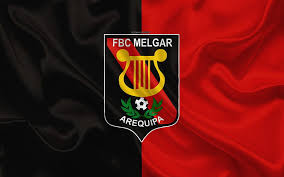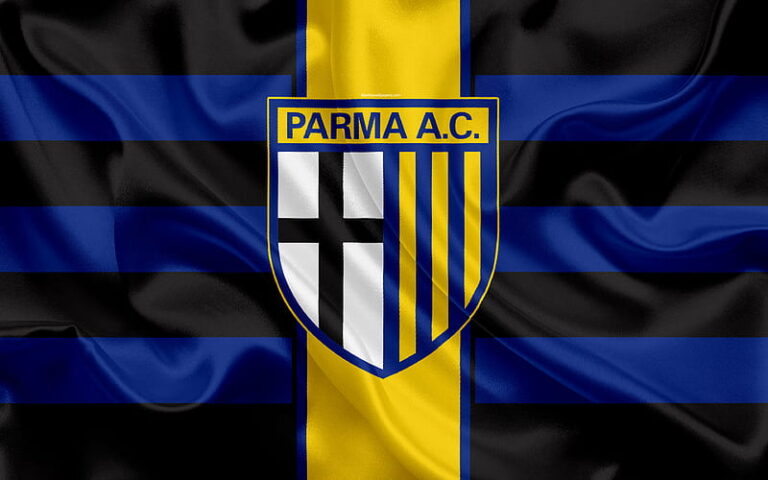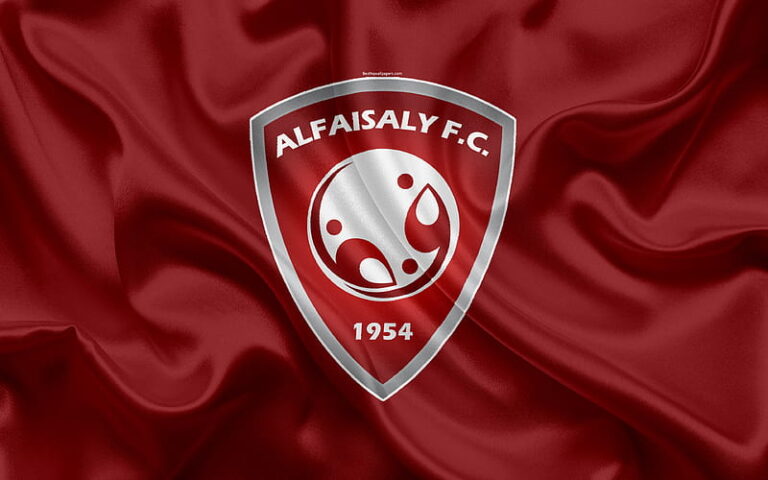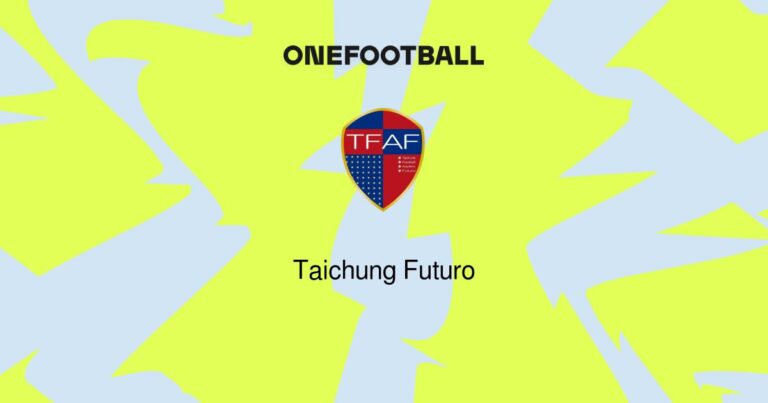
FBC Melgar FC
FBC Melgar FC is more than just a football club; it’s a symbol of pride for the people of Arequipa, Peru. Established in 1915, this storied institution has J88 woven itself into the fabric of Peruvian football and the cultural identity of its home city. Its rich history, passionate fanbase, and significant achievements make FBC Melgar FC a team worth exploring in depth.
The Historical Journey of FBC Melgar FC
The history of FBC Melgar FC is a tapestry of triumphs, challenges, and an unwavering commitment to the sport. From its humble beginnings to becoming one of the most respected clubs in Peru, the journey of FBC Melgar FC is both inspiring and captivating.
Early Beginnings: The Foundation of a Legacy
FBC Melgar was founded on March 25, 1915, initially named “Fútbol Club Melgar,” in homage to a prominent local figure, Melgar, whose contributions to the region were greatly valued. The club’s establishment occurred during a time when football was beginning to gain popularity in Peru, fueled by influences from European immigrants j8868.me.
Early on, FBC Melgar FC played in informal leagues and friendly matches, primarily competing against teams from nearby locales. However, the passion for the game grew exponentially, and by the mid-20th century, the club began participating in organized competitions. This period marked the awakening of what would become a storied legacy in Peruvian football.
The fans, known as “Los Dominó,” inspired by the club’s iconic red and black colors, began to form a tight-knit community around the team. Their enthusiasm laid the foundation for what would develop into one of the fiercest rivalries in Peruvian football, particularly with clubs like Universitario de Deportes and Alianza Lima.
Rise to Prominence: Achievements and Trophies
After several decades of playing locally, FBC Melgar FC finally made its mark on the national stage. The club joined the top tier of Peruvian football in 1966 and soon established itself as a formidable competitor. The pivotal moment arrived in 1981 when FBC Melgar won its first national championship, claiming the title of Primera División champions. This victory not only solidified their reputation but also infused a sense of pride and accomplishment among the fans.
In the years that followed, FBC Melgar continued to demonstrate resilience and skill on the field, culminating in multiple championships and domestic cups. The club’s ability to cultivate talent through its youth academy has been instrumental in maintaining a competitive edge, producing players who have gone on to represent the national team and international clubs.
The club’s resurgence in recent years has seen them consistently challenging for league titles while participating in continental competitions such as the Copa Libertadores and Copa Sudamericana, where they have made memorable appearances against some of South America’s most prestigious teams. Their participation in these tournaments has elevated the team’s profile beyond Peru, showcasing their talent and determination on a larger stage.
Cultural Significance: A Symbol of Arequipa
FBC Melgar FC transcends the realm of sports; it represents the heart and soul of Arequipa. The club plays a vital role in fostering community spirit and pride among residents. Matches at the Estadio Monumental Virgen de Chapi are not merely sporting events; they’re gatherings of families, friends, and supporters who come together to share their love for the club.
The culture surrounding FBC Melgar FC is deeply intertwined with Arequipa’s identity. The state’s unique traditions, historical landmarks, and culinary delights find their way into the stadium atmosphere, creating a vibrant tapestry of regional pride. Fans often incorporate local folklore and celebrations into their support, making every match a true reflection of Arequipa’s heritage.
Moreover, the club’s engagement with the community extends beyond the pitch. FBC Melgar FC actively participates in social initiatives, supporting local charities, schools, and events. This commitment to giving back reinforces the idea that the club is not just a sports entity, but a cornerstone of the Arequipeño community.


